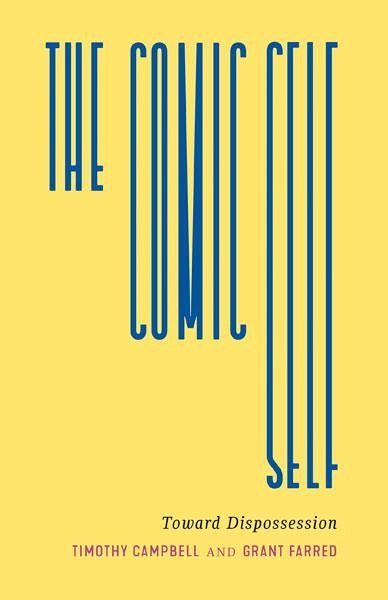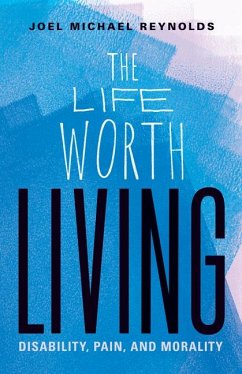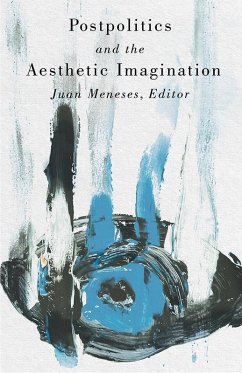Nicht lieferbar

The Comic Self
Toward Dispossession
Versandkostenfrei!
Nicht lieferbar
"Challenging the contemporary notion of "self-care" and the Western mania for "self-possession," The Comic Self proposes an alternate and less toxic model for human aspiration: a comic self. Campbell and Farred range across philosophy, literature, and contemporary comedy to uncover spaces where the dispossession of self and, with it, the dismantling of the regime of self-care are possible"--








